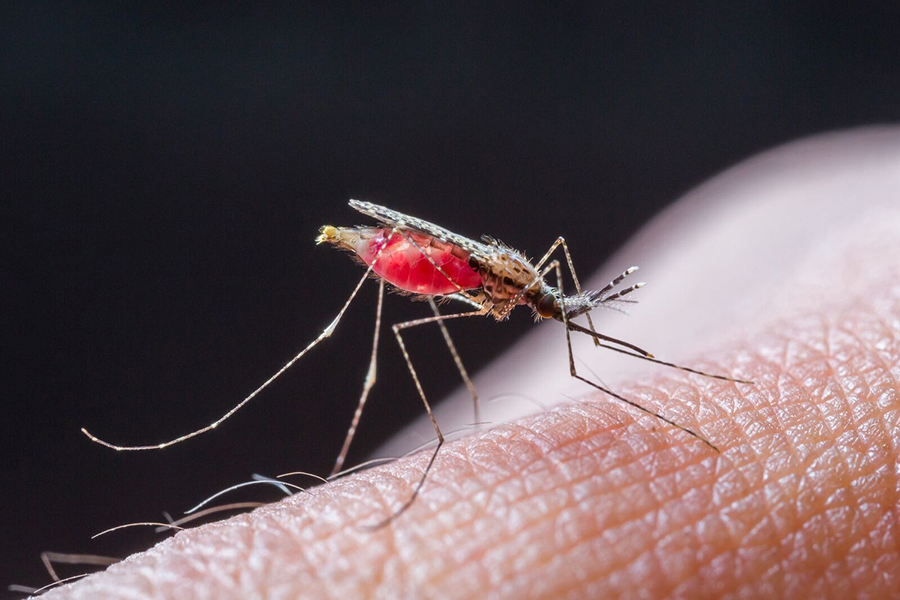
Published :
Updated :

US researchers have proposed a new strategy to combat malaria by treating mosquitoes with anti-malarial drugs instead of solely relying on killing them with insecticides.
Traditionally, efforts to curb malaria, responsible for nearly 600,000 deaths annually, mostly among children, have focused on eradicating mosquitoes, the disease's primary carriers.
But a team from Harvard University has identified two drugs capable of eliminating malaria parasites inside mosquitoes.
When the insects absorb the drugs through their legs, the parasites are killed, rendering the mosquitoes unable to transmit the disease.
The long-term plan is to apply this drug combination to bed nets. These nets, a key defence against malaria, serve as both a physical barrier and a delivery system for insecticides. However, the effectiveness of insecticides has declined due to growing resistance among mosquito populations.
Dr Alexandra Probst of Harvard noted that this new strategy directly targets the malaria parasites within mosquitoes—a shift from the traditional focus on killing the insects themselves. She explained that because each mosquito carries only a few parasites (compared to billions in an infected human), there's a lower risk of the parasites developing drug resistance.
Researchers screened thousands of compounds and identified 22 promising candidates, eventually finding two that completely eradicated the parasites in tests. The drugs, when applied to materials like those used in bed nets, maintained their effectiveness for up to a year, offering a potentially cost-effective and durable solution.
The approach has so far only been tested in the lab. A real-world trial is set to begin in Ethiopia, but it may take around six years to determine the strategy’s overall effectiveness. The ultimate goal is to create bed nets treated with both insecticides and anti-malarial drugs to maximise protection.


 For all latest news, follow The Financial Express Google News channel.
For all latest news, follow The Financial Express Google News channel.